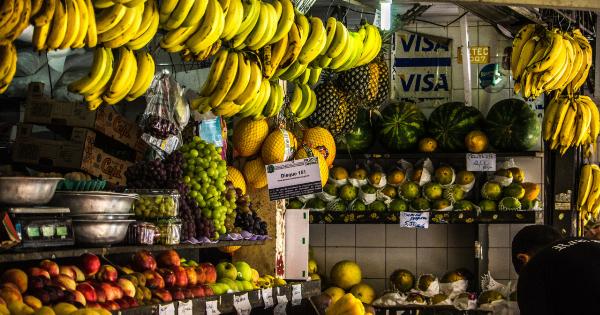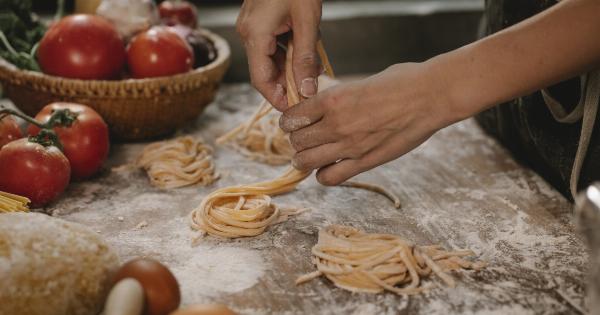Getting groceries often means that you have to make hard choices about what to buy, especially when it comes to perishables.
Milk, meats, and other dairy products, for instance, can be really pricey, so you need to know for sure that they won’t spoil that quickly after buying. This is why it’s important to understand how long different types of foods last in your fridge.
The Importance of Refrigeration
The primary reason why we keep food in the fridge is to prevent it from spoiling quickly. Refrigeration is the process of slowing down the rate at which bacteria and fungi grow on the food, which will then make it last longer.
The cold temperature of the refrigerator helps to inhibit bacterial activity, preventing the multiplication and growth of the microorganisms that cause food spoilage. As a result, refrigerated food stays fresh for a longer period, keeping it safe for consumption.
Foods That Can Be Stored for a Long Time
Eggs
Uncooked eggs can be refrigerated for up to 5 weeks, while cooked eggs can be kept in the refrigerator for about 7 days. Additionally, hard-boiled eggs can last up to 1 week if they have not been peeled.
Butter
Butter can be stored for up to 2-3 months in the fridge, depending on the brand and quality.
Jam and Jelly
Most jams and jellies can last up to 6 months or longer if they are kept in the refrigerator. However, this largely depends on the sugar content of the product.
Cheddar Cheese
Cheddar cheese can last up to 6 months in the fridge if it remains unopened. If the cheese is opened, it should be consumed within 4-6 weeks. To ensure that the cheese lasts as long as possible, it should always be stored in an airtight container.
How Long Can Different Types of Meat be Refrigerated?
Chicken
Fresh chicken can be stored in the refrigerator for up to 2 days, but should be cooked as soon as possible if you want to guarantee its freshness. Cooked chicken, on the other hand, can last up to 4 days in the fridge.
Beef
Uncooked beef can last between 3-5 days in the refrigerator, while cooked beef can last for up to 3-4 days. If you plan on keeping the beef longer, it should be stored in the freezer instead.
Pork
Uncooked pork can be kept in the refrigerator for up to 3-5 days, while cooked pork can last up to 4 days. As with beef, it is best to freeze pork if you plan on keeping it any longer.
Fish
Most fish, especially oily fish, can spoil quickly and should ideally be eaten within 1 to 2 days of purchase. However, some fish like tuna or swordfish can be kept in the fridge for up to 5 days, while others like salmon can last for up to 3 days.
How to Properly Store Food in the Fridge
The key to keeping refrigerated food fresh and safe for consumption is proper storage. Here are a few tips to keep in mind:.
Use appropriate containers
One of the most important things to do when storing food in the refrigerator is to use appropriate containers. Ensure that you use airtight containers or wrap your food well before storing in the fridge.
This will help to prevent moisture from developing, reducing the chance of bacterial growth and potential spoilage.
Avoid overloading the fridge
If the fridge is too full, it can become difficult for the air to circulate efficiently, leading to food spoilage.
It is important to avoid overloading the fridge, as this can cause the temperature to fluctuate and thus, prevent the food from being stored at the optimal temperature of 40°F or lower.
Pay attention to expiry dates
Always check the expiry date of the food products before purchasing to ensure that they have not expired. It is also important to pay attention to the expiry dates of the food stored in the fridge.
Although some products may appear fine after the expiry date, it is best to err on the safe side and dispose of them. Consuming expired food can put your health at risk.
In Conclusion
Refrigeration can allow you to keep food longer and thus, reduce food waste. However, certain foods still have an expiry date regardless of storage methods.
It is important to familiarize yourself with these dates and to take care when storing food items in the fridge.





























